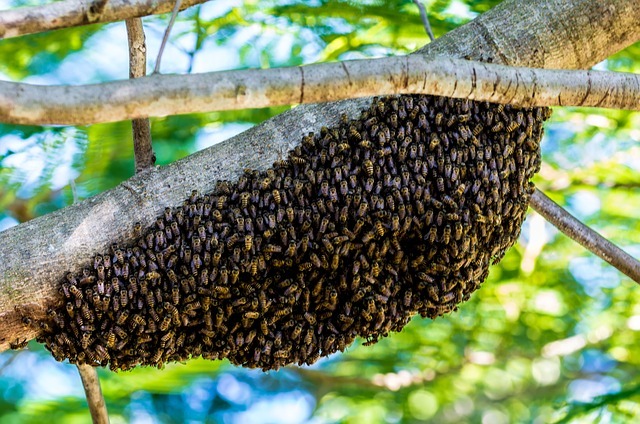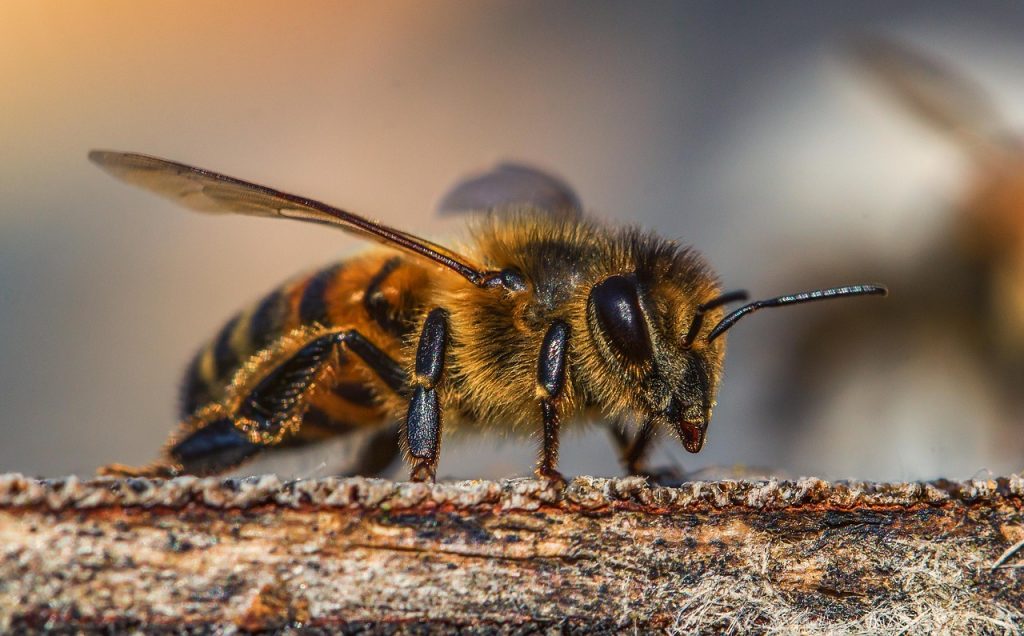
Busy few days - but not with the bees. By now the bees should be fairly dormant much of the time - but not at the moment. We have had such warm temperatures that the bees are still active. They are bringing back some pollen but this is not a good time for bees to be so active. We will have to keep a close eye on food levels over the next few months.
So what have I been doing?
Over the past few months I have received a lot of compliments regarding the BeeInfo web site hosted on this site. As a result I have revamped much of it in light of observations I have received. The site is now somewhat bigger than it was - and it is my intention to increase it by a lot more in the next few months. Do have a look and let me know what you think - both positive and negative comments gladly received as long as they are constructive. There is also a link to the BeeInfo area at the top of the Dorset Beekeepers website.






